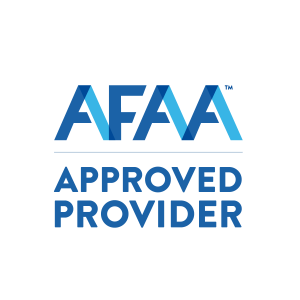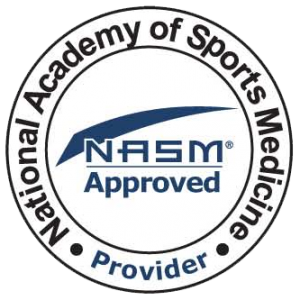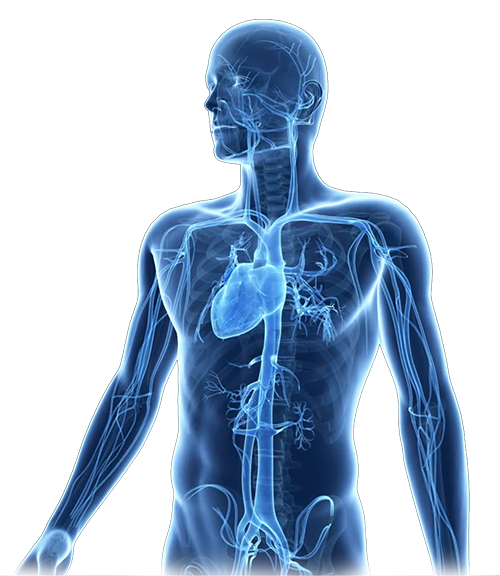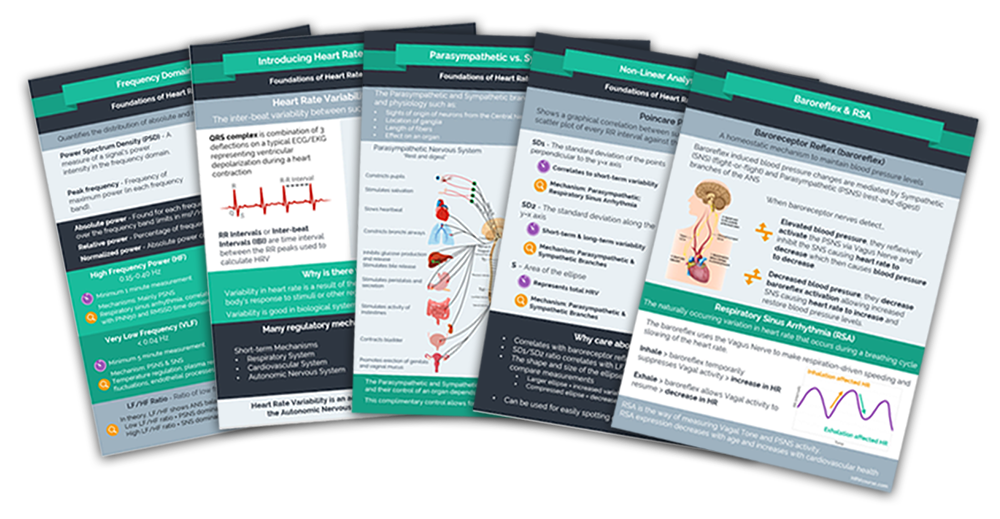If you’re a personal trainer, coach, or health consultant then you know it’s important to set yourself apart from the competition.
By offering Heart Rate Variability analysis and coaching services, you’ll be able to objectively demonstrate the effectiveness of your training programs and protocols – which leads to higher client participation, improvement, and satisfaction.
And with the increase in HRV’s popularity, it could even lead to additional revenue streams as clients come to you specifically for your HRV offerings. Many coaches and health practices alike have already successfully incorporated HRV-based consultation services and expanded group offerings by implementing HRV analysis into their business.
In addition to learning the foundational science, measurement, and analysis techniques you’ll need to begin incorporating HRV into your business offerings, if you’re a NASM, NSCA, or AFAA certified coach or trainer, you’ll earn continuing education credits by completing the Foundations of Heart Rate Variability course!
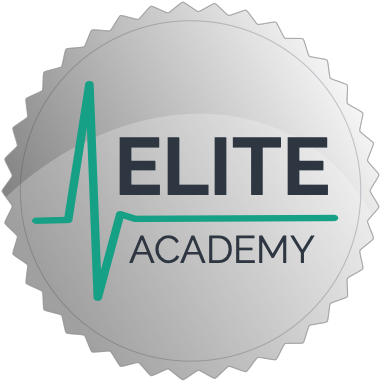 ONLINE TRAINING & CERTIFICATION PROGRAM
ONLINE TRAINING & CERTIFICATION PROGRAM
